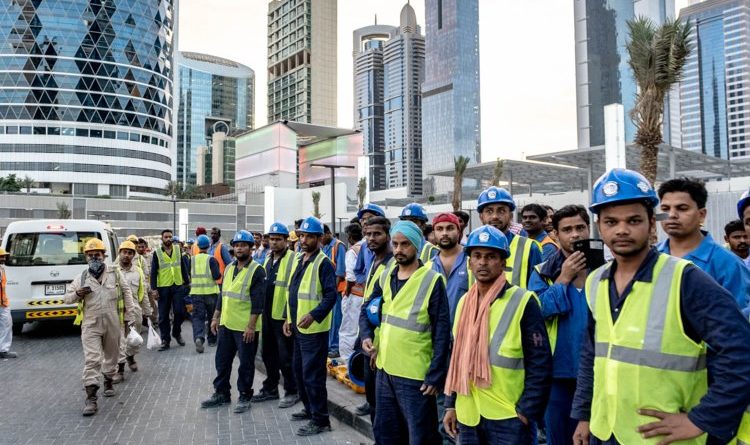Two-thirds of expats in the Middle East return home poorer than when they arrived
by Christopher Copper-Ind
Research conducted by UAE-based financial advisory, Hoxton Capital Management, has revealed that around 85% of expatriates based in the Middle East are not saving for their retirement, and many leave for home less wealthy than when they arrived.
The report’s findings suggest that almost half (47%) of expats feel they can’t afford to save appropriately, with up to two-thirds returning home less wealthy than when they arrived.
Chris Ball, managing partner at Hoxton Capital Management suggests that while expatriates in the Middle East may be benefiting from improved salaries, they aren’t necessarily making the most of their increased earnings.
“The majority of expats in the Middle East are earning more than they were before relocating, however as many as 85% of foreign workers may not be saving for retirement – with a further 47% admitting that they aren’t saving appropriately.
“This could be as a result of expats paying off debts or saving elsewhere – although often it’s down to individuals simply overlooking a stage of life that seems so far in the future. Whatever the reason, expats must view retirement planning and safeguarding their financial future as an integral aspect of making their wealth work for them long-term.
“Many people are used to having their retirement planning effectively handled ‘automatically’ through workplace pension schemes for example, and don’t realise that just isn’t the case in the Middle East.
“For a lot of younger people, pensions just aren’t exciting enough, the prospect of steady returns compounding for 25 years doesn’t motivate them to action.”
Hoxton Capital’s research also suggests that as many as two-thirds of people who move to the region for employment return home less wealthy than when they arrived.
“Our research identifies that a large number of expats do not completely understand their financial options while working abroad. Around two-thirds of individuals who relocate return to their country of origin less wealthy than when they arrived.
“Many expats find themselves in an awkward position after a number of years abroad where they have essentially outspent what they have earned. This could be down to inadvisable investments or leading a more extravagant lifestyle than they would at home. Individuals who find themselves in this position might be forced to repatriate and in most cases such an upheaval isn’t desirable.
“Almost half of expats living in the Middle East admit that they aren’t saving appropriately and typically, the most common reason people give for not doing so is that they can’t afford it. In reality, everyone can set something aside each month and establishing what that amount is, is a natural starting point,” Ball continued. — InternationalInvestment.net



